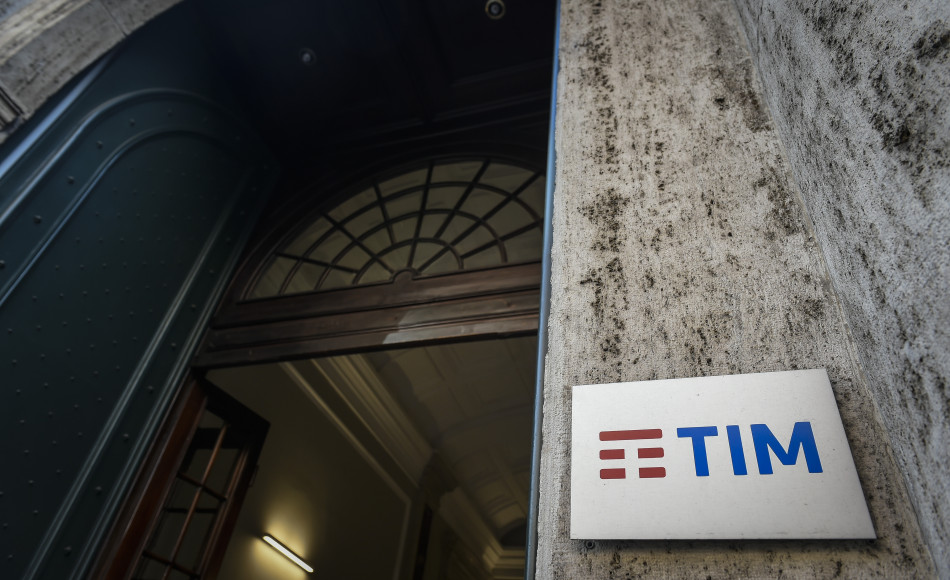Just as Italian communications firm TIM was on the verge of deciding on a partial, binding acquisition of its secondary network by US private equity firm KKR, the Italian government stepped in and stopped the process for the near future.
This happened during the board of directors’ meeting intended to decide on the acquisition, despite the government’s beforehand knowledge of the dynamics.
KKR was offering roughly €1.8 billion to buy 38% of TIM’s secondary network, which is still copper based, with the intention of reconverting it into optical fibre. The future company resulting from the proposed investment was valued at €7.7 billion (equity and debt).
On Wednesday morning, however, TIM’s president Salvatore Rossi received a letter signed by Roberto Gualtieri, minister of economy and finances, and Stefano Patuanelli, minister for economic development. The document carried the request to defer the decision by a month in light of the government’s plan to foster a unitary solution for Italy’s high-speed broadband infrastructure.
“Being aware of the important project being evaluated by [TIM’s] board of directors, we express the opportunity to value ways that are more adequate to place the operation in this wider strategic context,” the letter read.
KKR agreed to push back their offer’s deadline by an additional 30 days.
This move comes amidst a push from the Italian government to influence the future development of key infrastructures such as telecoms and highways. The executive led by prime minister Giuseppe Conte was recently responsible for the forced resizing of private company Atlantia’s 88% stake in Italy’s highway system as a mean of “punishing” the company over their alleged responsibility in the 2018 collapse of the Morandi bridge in Genoa.
Mr Conte’s government, though welcoming of competition, is pushing for an “integrated high-speed broadband national network” based on the “convergence of the different existing structures”. Seemingly, they hope to achieve this by making sure that foreign actors have a limited say on the development of such infrastructures and by retaining some measure of vertical control over Italian companies by means of avoiding disproportionate ownerships.
La Stampa reported that diplomatic channels have been opened to reassure the American embassy about the good intentions and goodwill behind the government’s drastic intervention.
The government has recently intervened in the development of Italy’s 5G networks, adopting measures that made it harder for Chinese companies such as Huawei and ZTE to take part in their construction.
The move came as Italy aligned with the US in assessing the security risks posed by Chinese tech in 5G networks – which Beijing denies strenuously – and has thus chosen to prioritise Western equipment.
As more countries take similar approaches, the factions in this “digital Cold War” front are being defined. Wednesday’s events, however, are bound to dent the US’ revamped trust for Italy.








